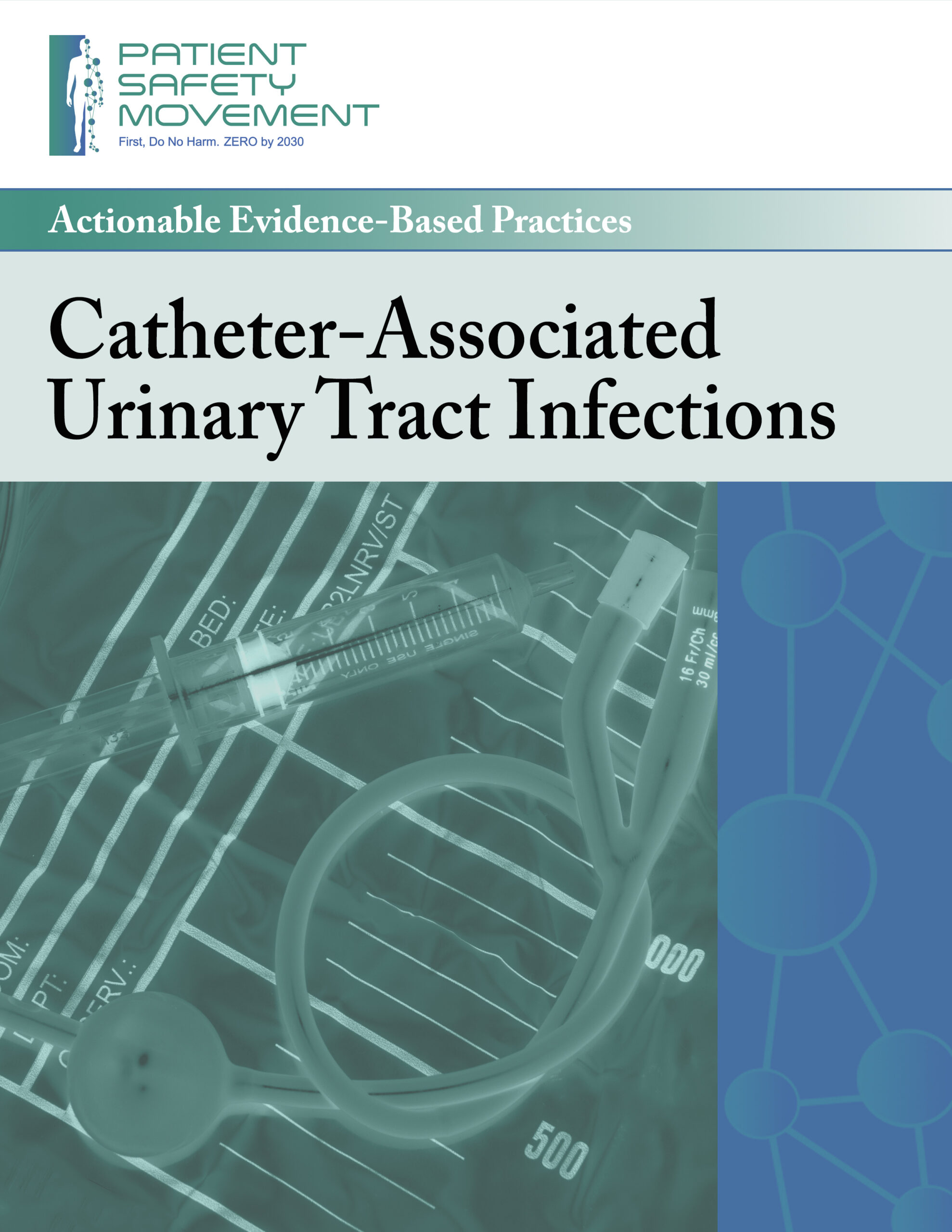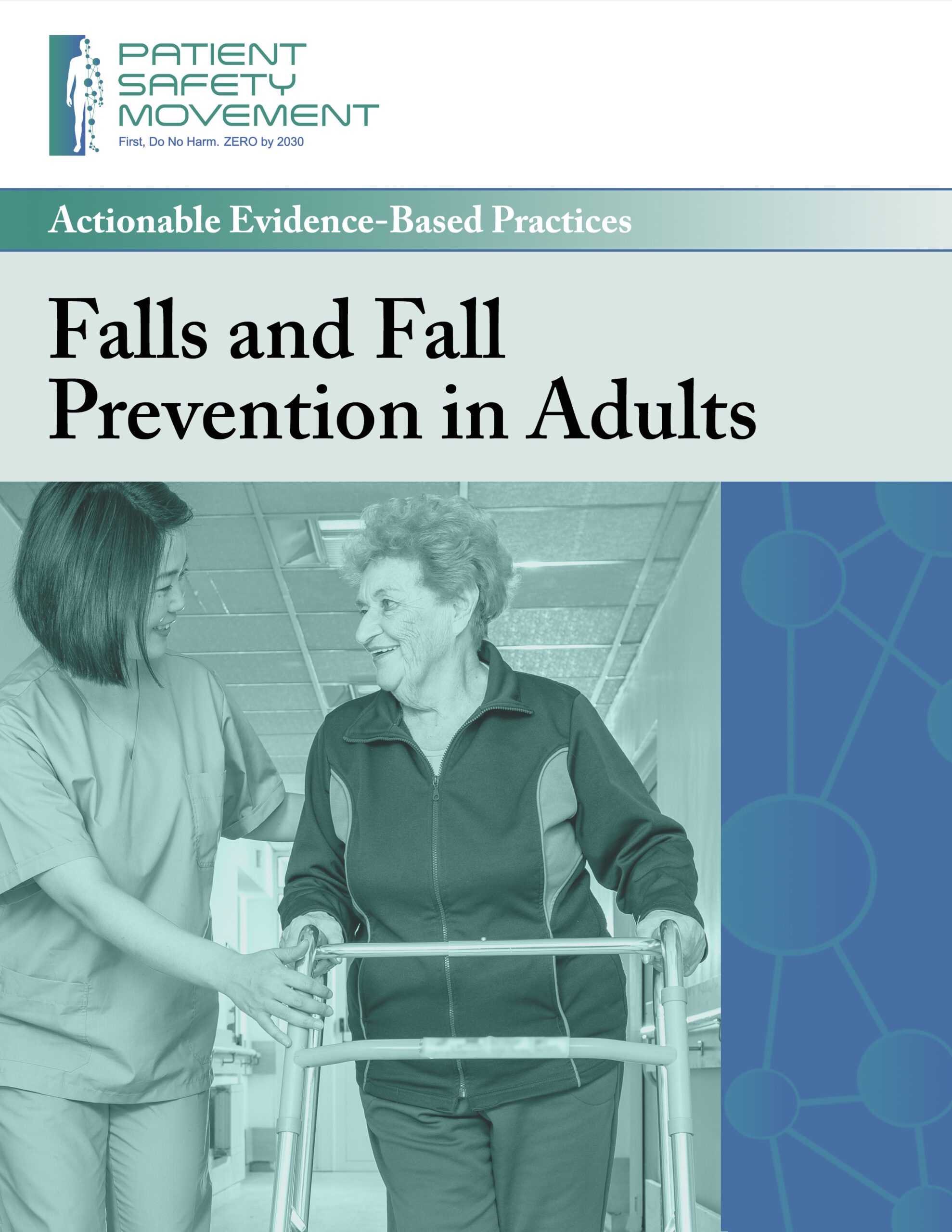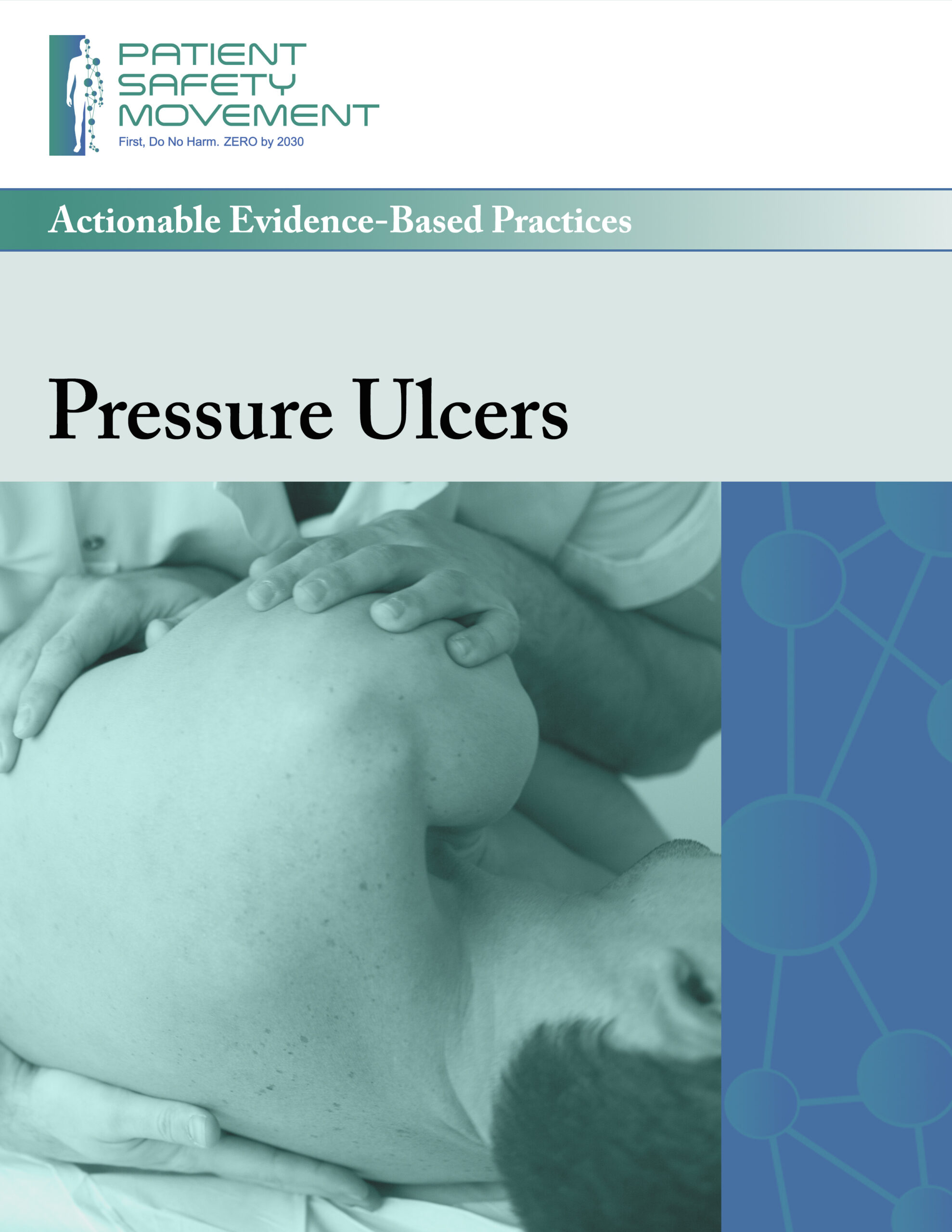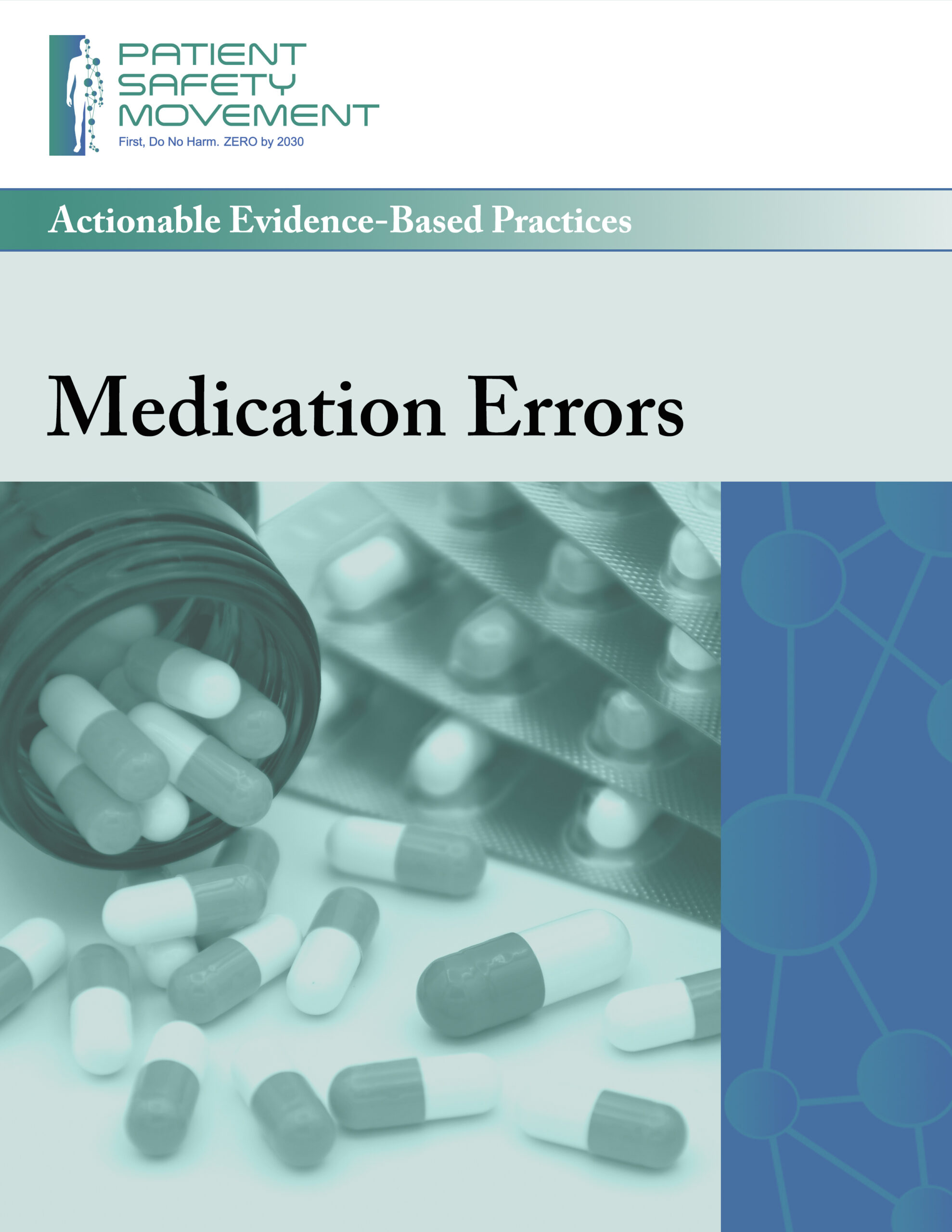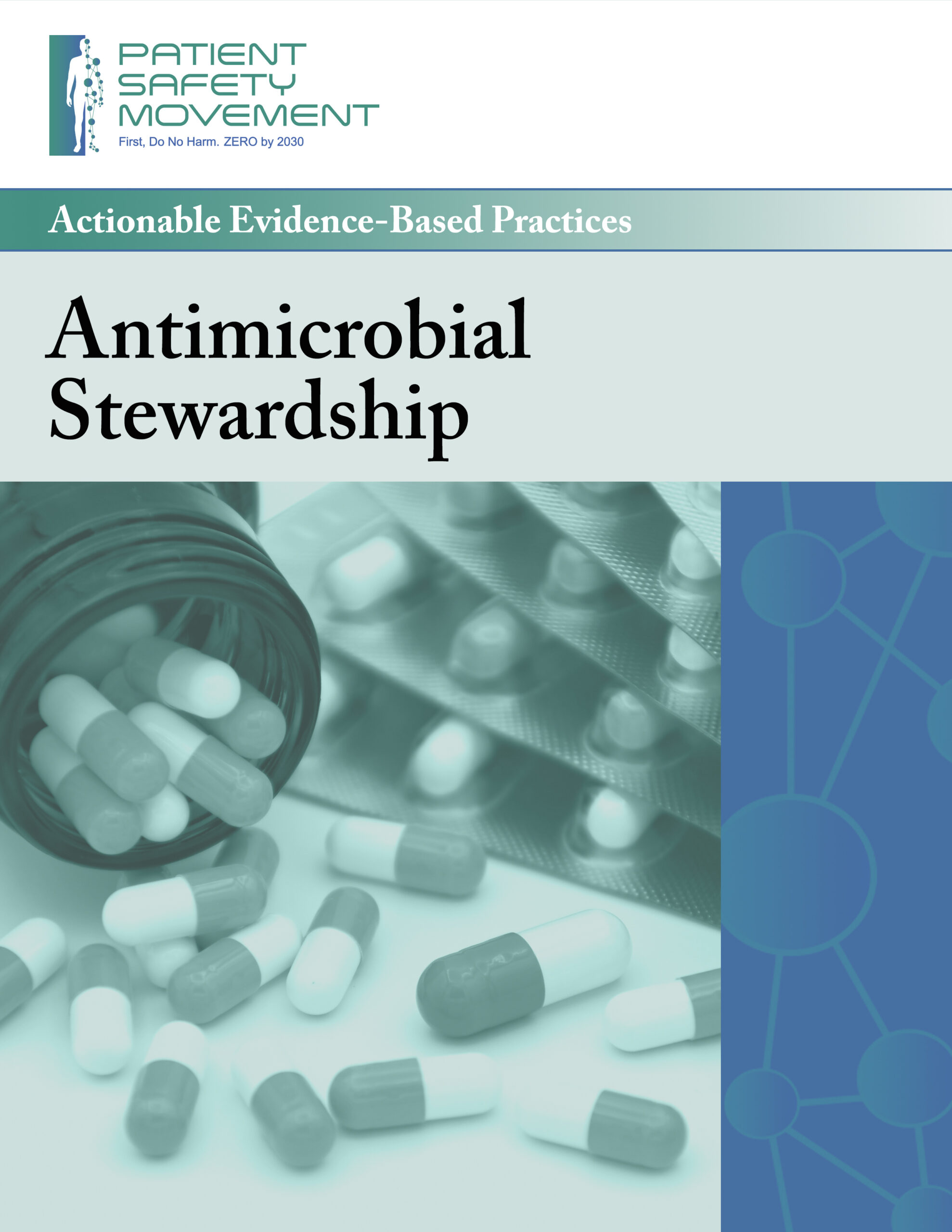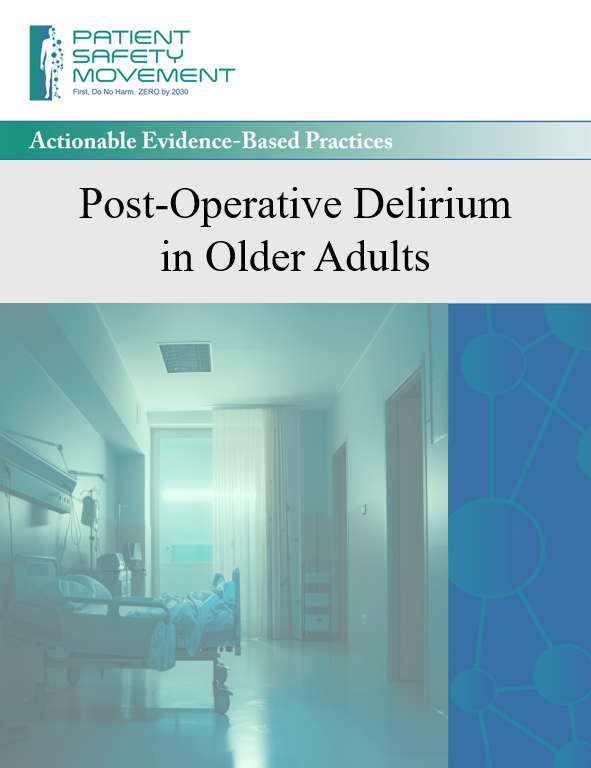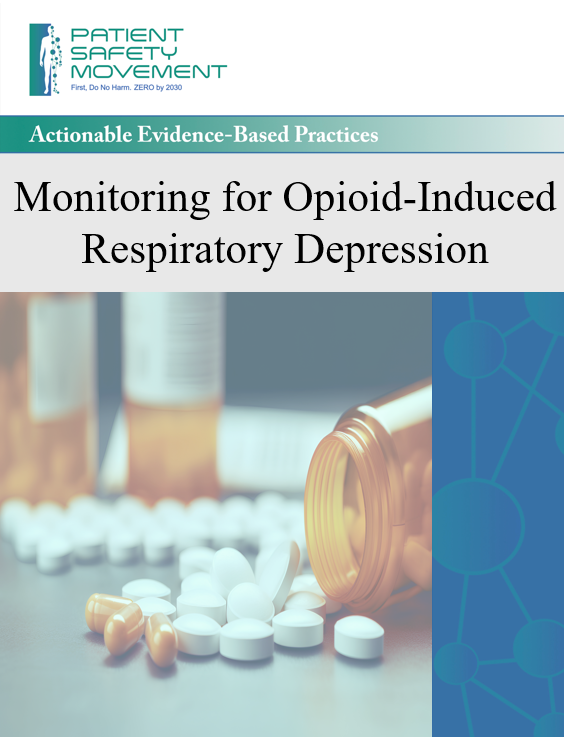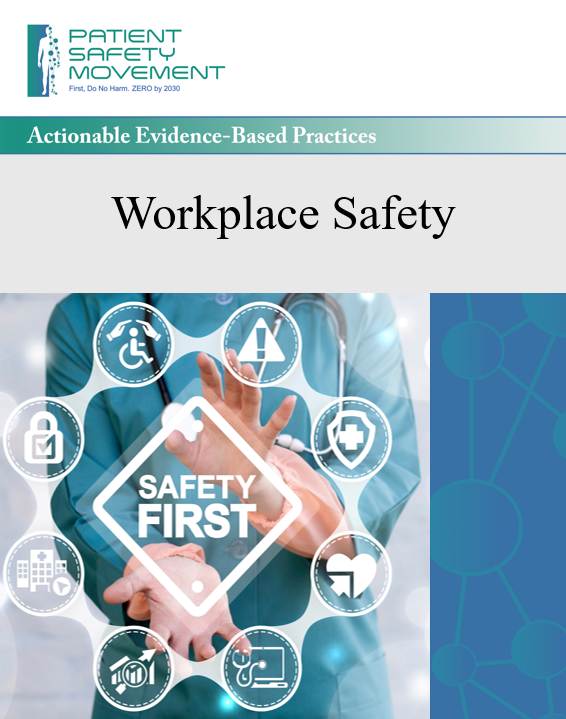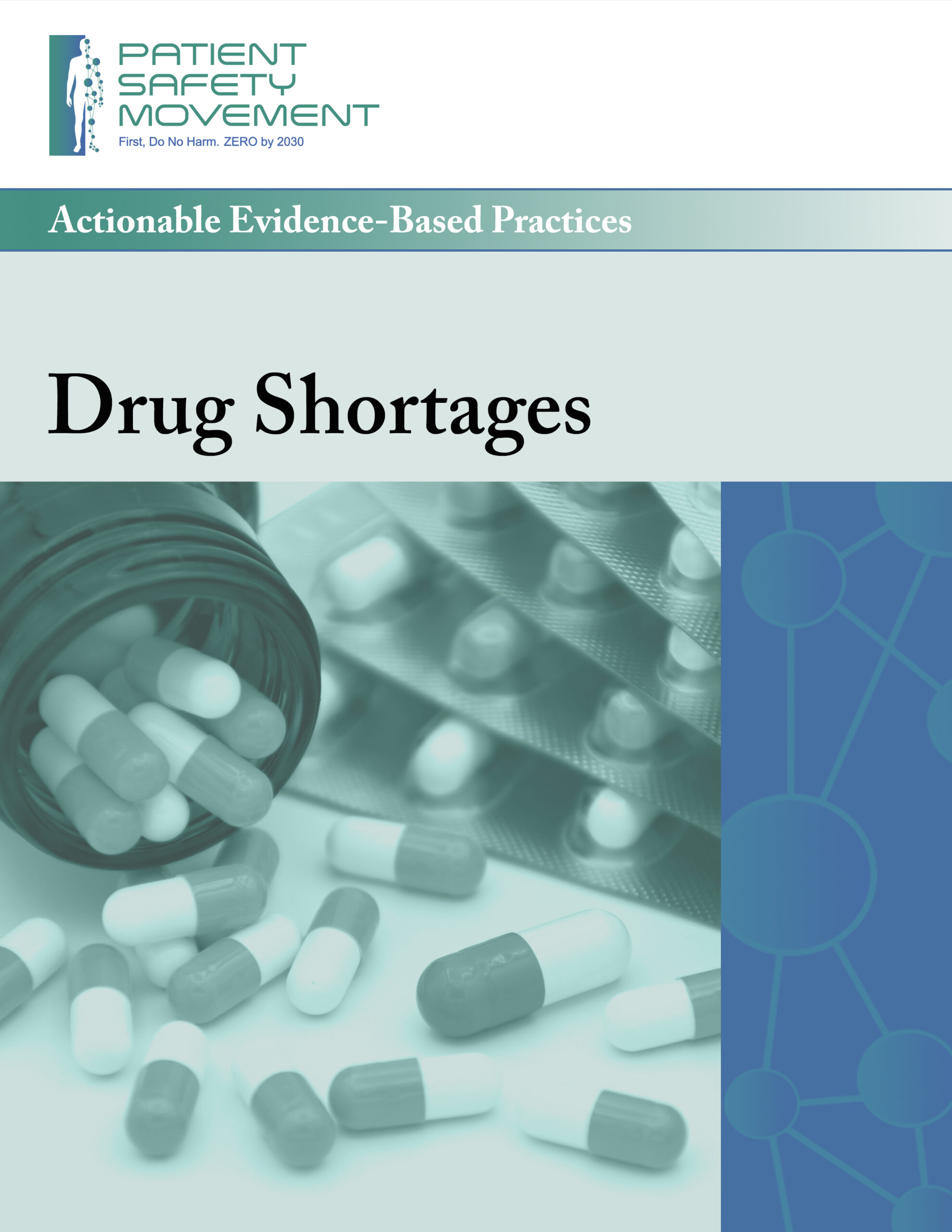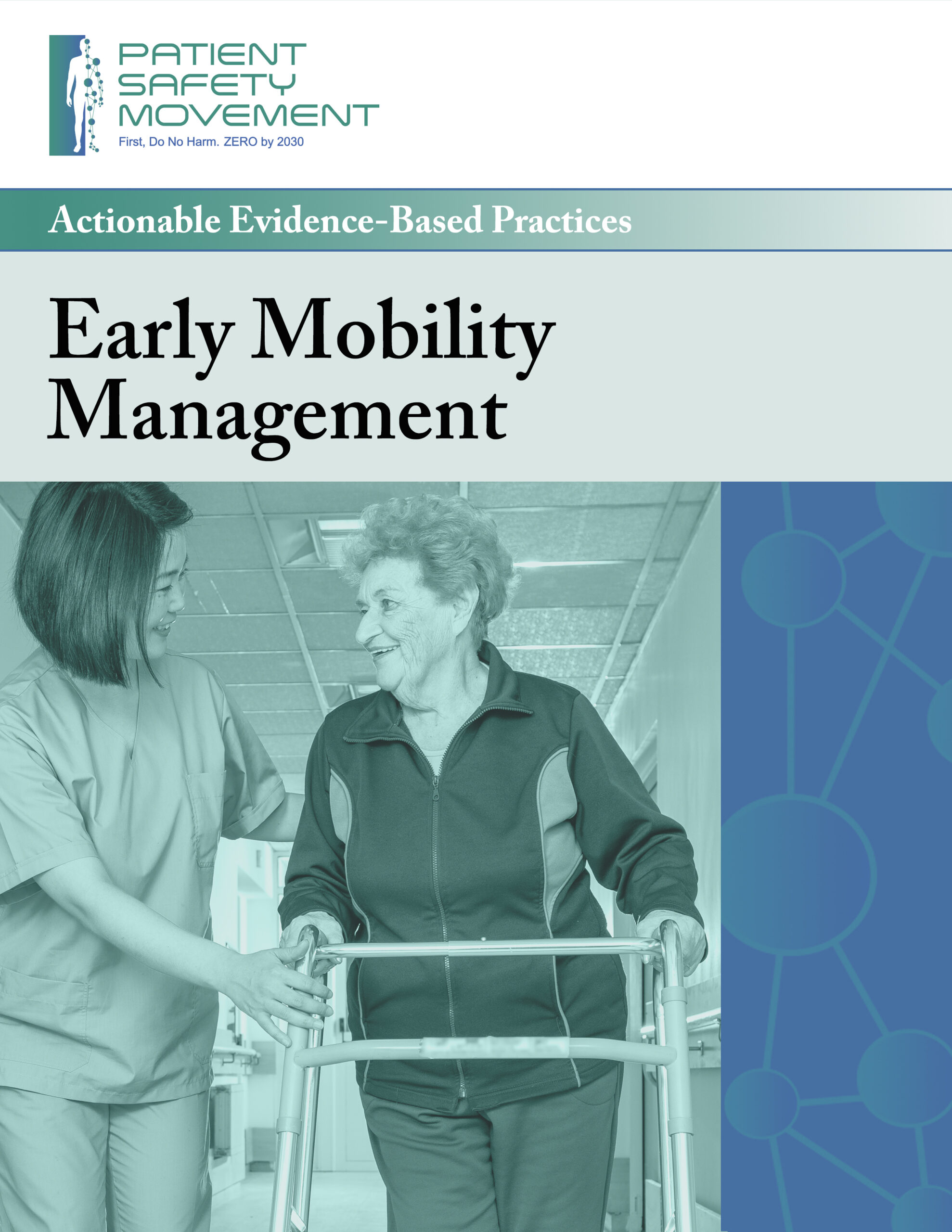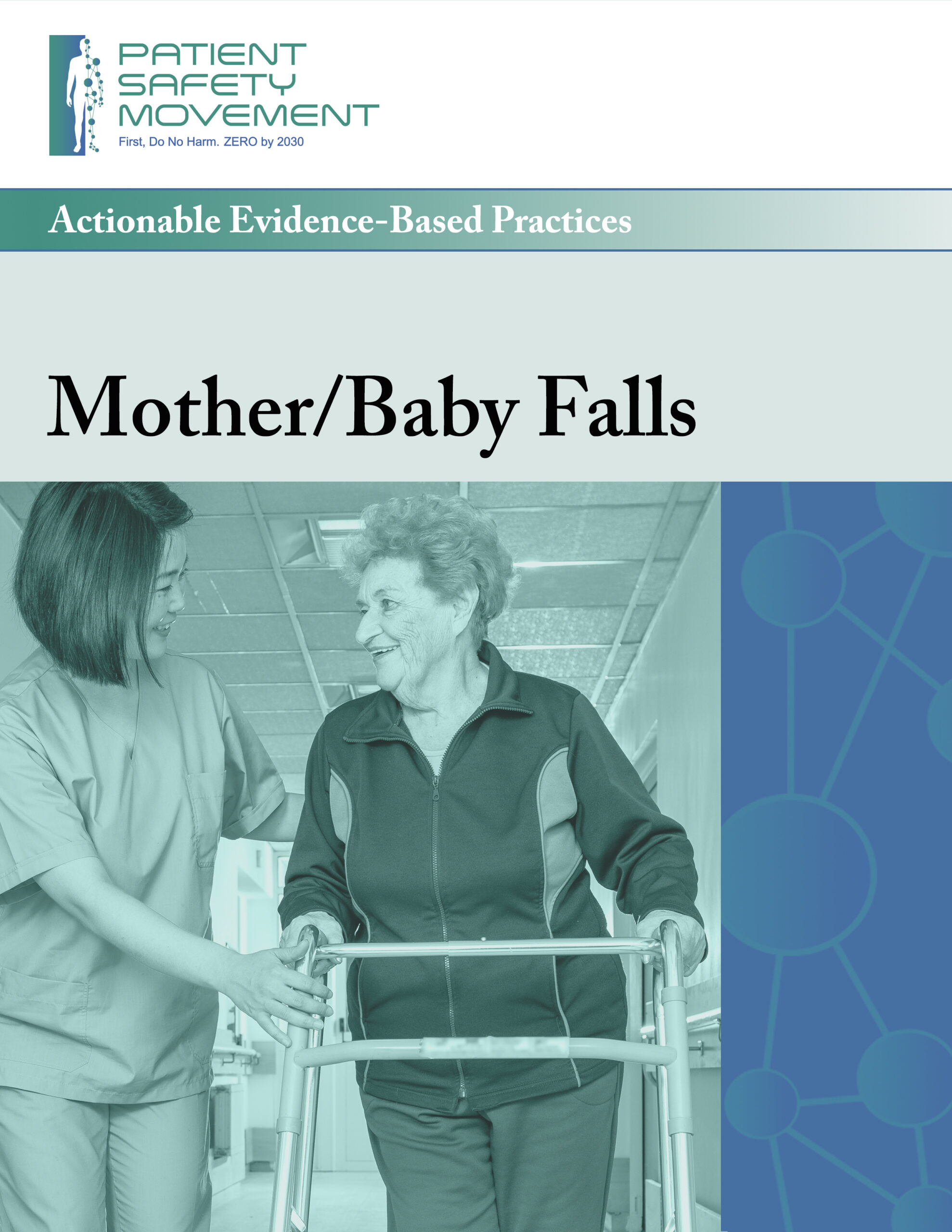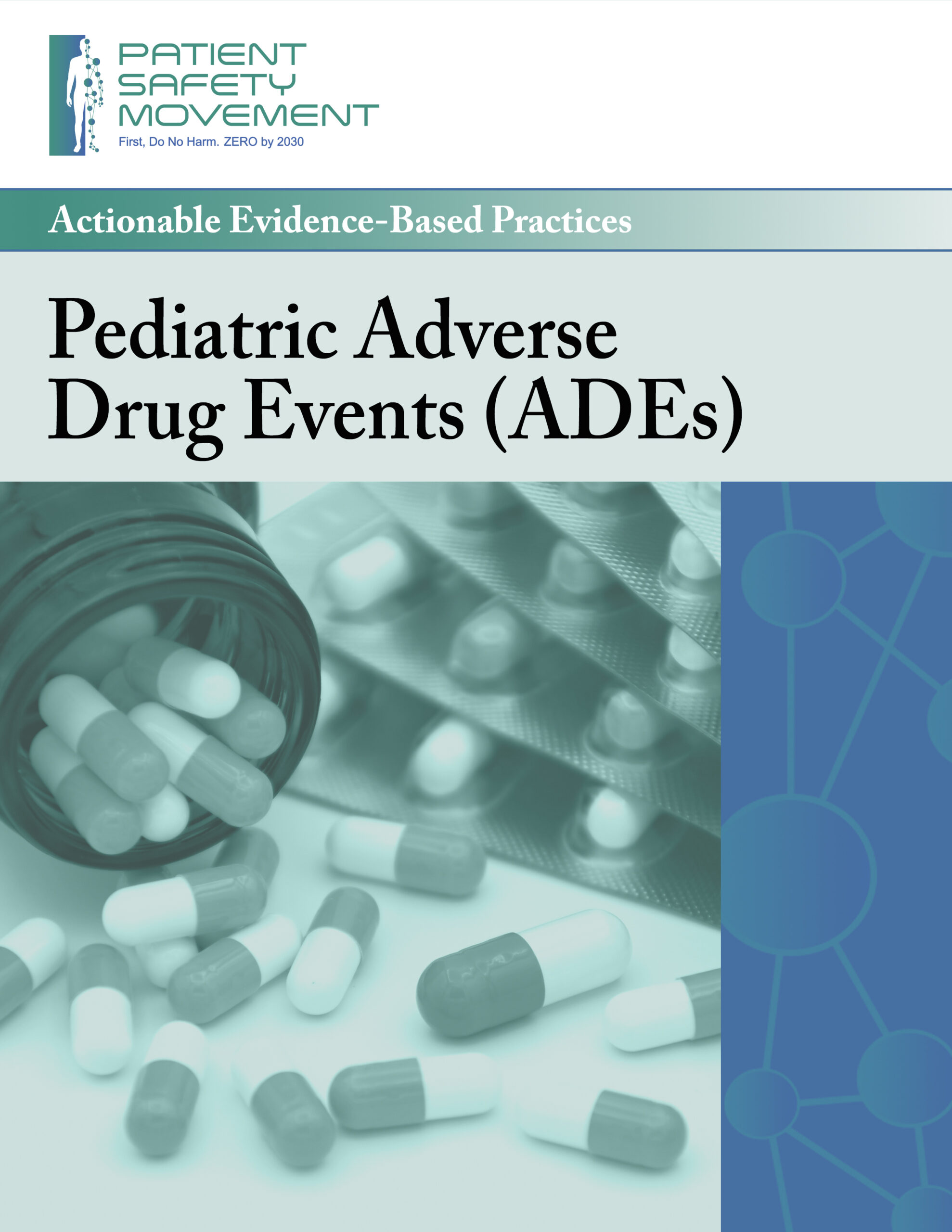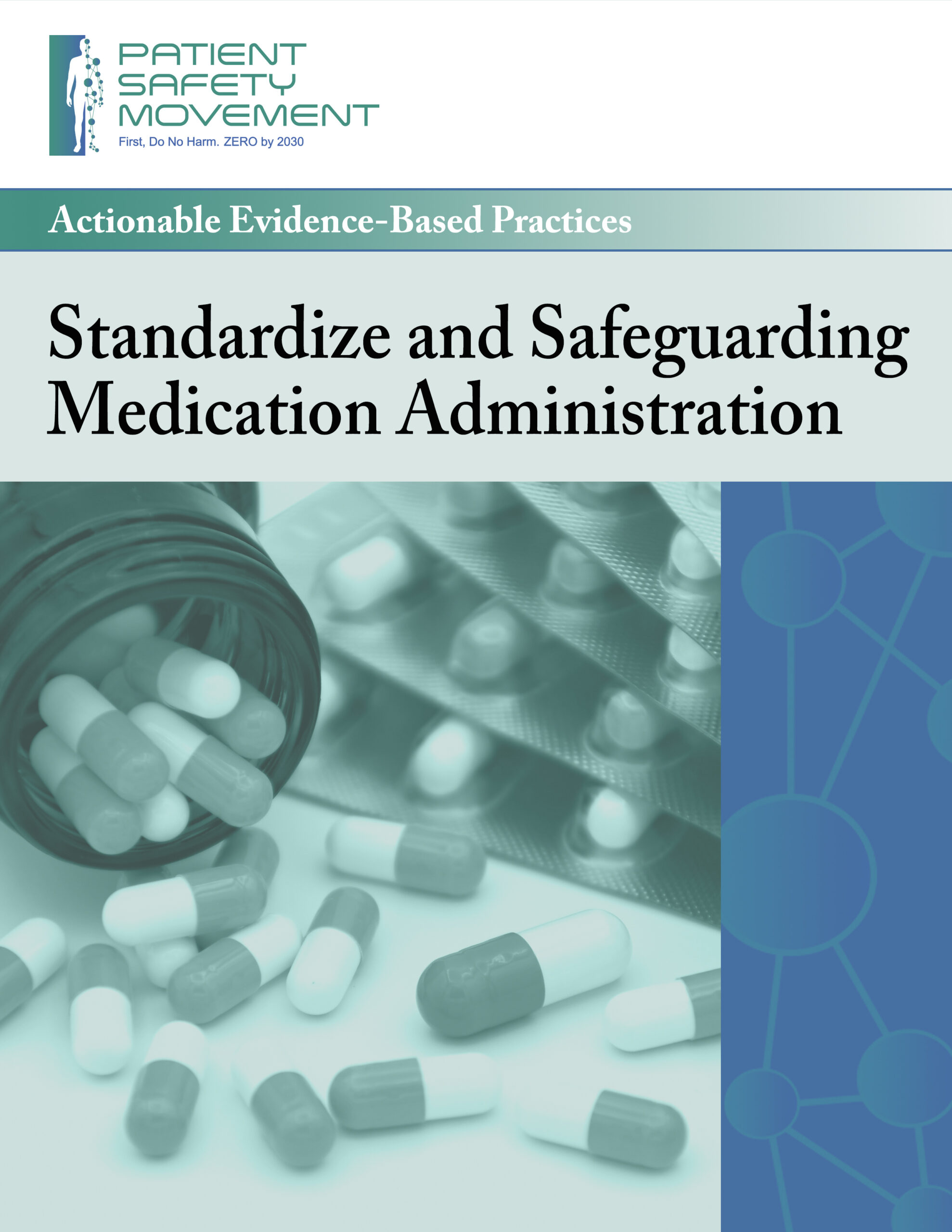Severe Hypoglycemia
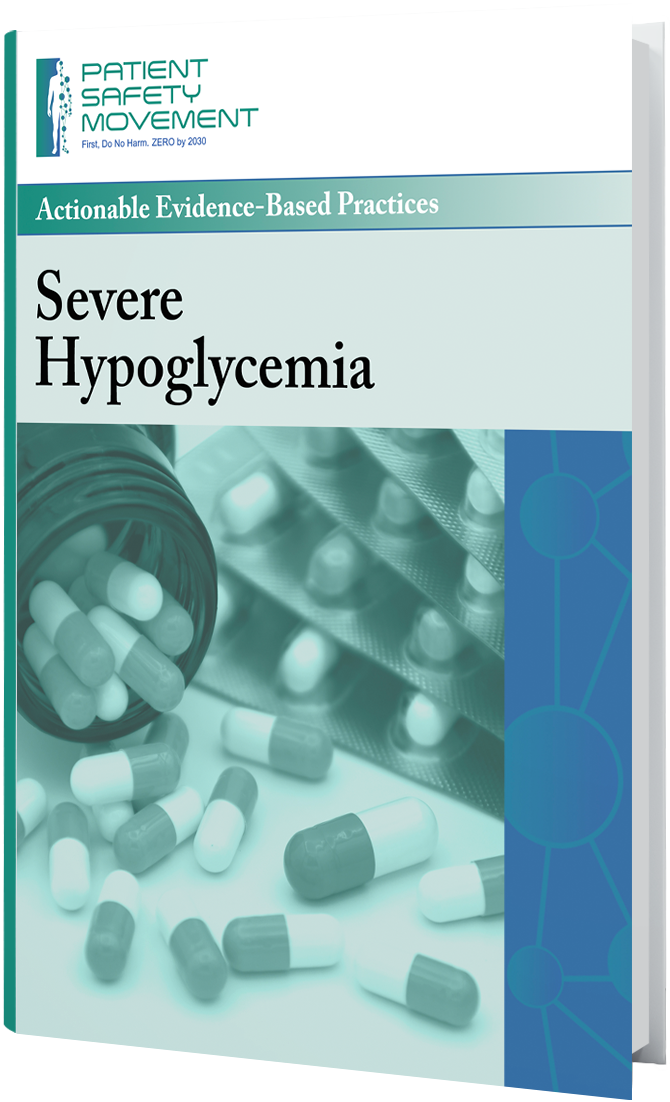
Severe Hypoglycemia
This actionable evidence-based practice blueprint provides a checklist for clinicians to create an action plan to prevent severe hypoglycemia and ensure best patient care. This document is revised as needed to incorporate the latest best practices and gold standard of care. The e-book is available free of charge to anyone. © 2020 Patient Safety Movement Foundation.
The Challenge
Severe hypoglycemia (SH) is defined as having a low blood glucose level of less than 40 mg/dL and can cause cardiac arrhythmias, seizures, brain damage, and death. Moderate and severe hypoglycemia is strongly linked to increased risk of death, especially from distributive shock. While hypoglycemia (low blood sugar) is a common problem for patients with diabetes, it can also occur in nondiabetics in a healthcare setting. A 2009 survey of 575 hospitals showed hypoglycemia (<70 mg/dL) in 5.7% of all point-of-care blood glucose tests. Early recognition and management of mild hypoglycemia is key to preventing severe hypoglycemia. The diverse nature of potential errors in the treatment of inpatients with SH supports the need for a decision-making blueprint to help predict and prevent SH episodes and improve overall patient safety and outcomes.

